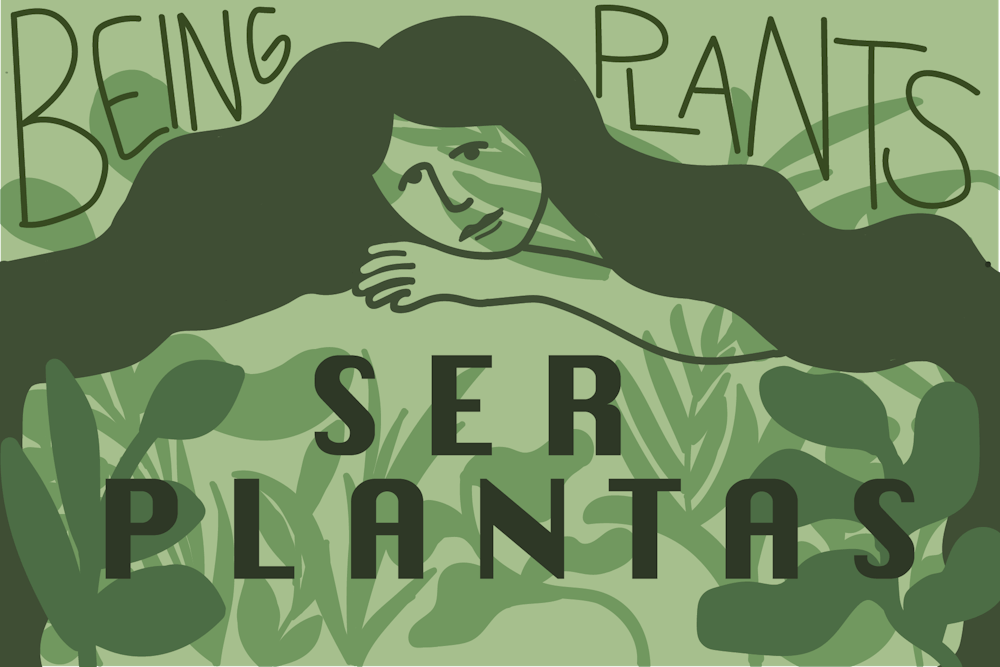“Ser Plantas," or “being plants," is the focus of the 38th North Carolina Latin American Film Festival, whose films explore the current ecological issues confronting migrant and Indigenous peoples of Latin America.
The NCLAFF is presenting a collection of 18 films for free at locations in Durham and Chapel Hill. The festival, which is run by the Consortium in Latin American and Caribbean Studies at UNC and Duke University, runs throughout the month of October.
From documentaries to short animated films, the festival is intended for a wide variety of audiences, Jennifer Prather, the communications and program assistant at the consortium, said.
“We want to build bridges, we want our community to know and enjoy the stories,” Manuel Sánchez Cabrera, a UNC Ph.D. student and co-curator of the festival’s film list, said.
Since its inception in 1986 under the consortium's former Director of Educational Outreach Sharon Mújica, the festival has offered many chances to enjoy classic and contemporary films.
After each showing ends, the floor is opened for audience questions. The curator typically answers questions, but occasionally, the films’ directors are brought in to facilitate discussions.
“In the space of the theater, there is this commonality of experience — we are all experiencing the same thing,” Miguel Rojas-Sotelo, the current NCLAFF director, said. “Then, we can reflect on that.”
Most of this year’s films are contemporary, he said. The films focus on the environment and how climate change is affecting political and social movements, specifically in Latin American Indigenous communities.
“Plantas came from the fact or the idea that we are one with the environment,” Sanchez Cabrera said.




